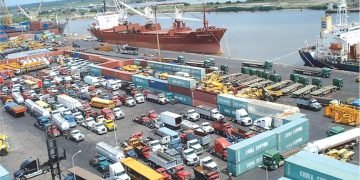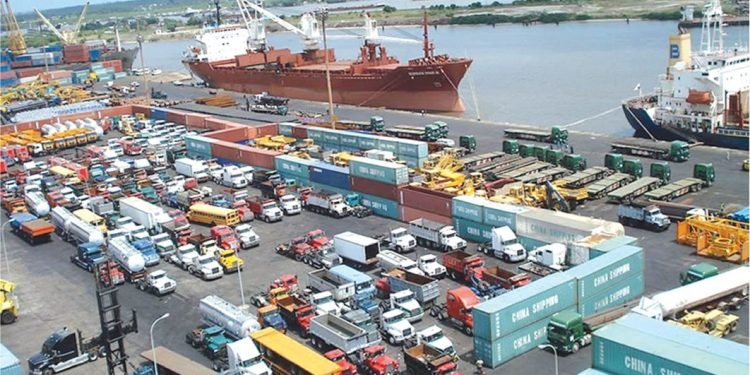After a week-long strike that crippled operations and caused significant delays, Nigerian ports have reopened for business. The strike, called by maritime unions demanding better wages and working conditions, forced a halt to cargo loading and unloading at major ports like Lagos and Apapa. This led to a backlog of ships waiting to dock and a disruption in the flow of goods in and out of the country.
The suspension of the strike paves the way for negotiations between the unions and the government. It’s hoped that a swift resolution can be reached to prevent further disruptions and ensure stability in the crucial ocean cargo sector.
The impact of the strike was widespread, affecting businesses that rely on imports and exports. Manufacturers faced delays in receiving raw materials, and retailers saw shortages of certain goods. The congestion at ports also caused a spike in freight costs, adding to the financial strain on businesses.
The Nigerian government has acknowledged the concerns raised by the unions and expressed its commitment to finding a solution. The successful resumption of operations at the ports is a positive step, but a long-term agreement is needed to prevent future strikes and ensure the smooth functioning of this vital industry.























